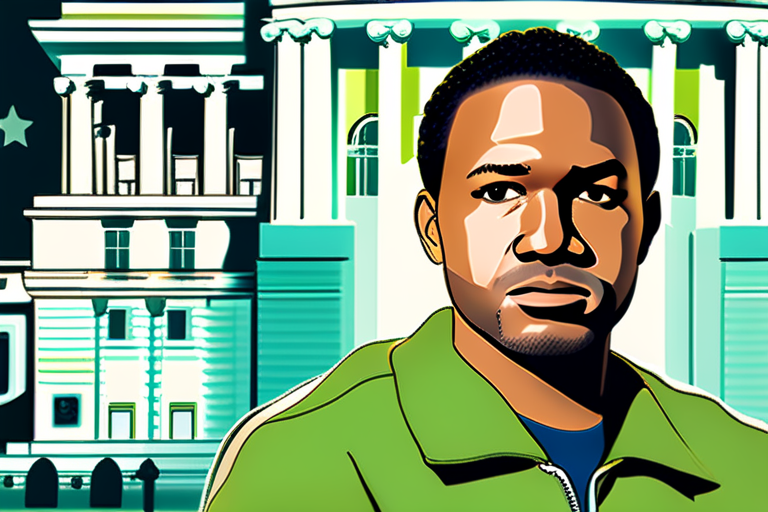Supreme Court Greenlights Racial Profiling by ICE Agents: A Threat to Civil Liberties


Join 0 others in the conversation
Your voice matters in this discussion
Be the first to share your thoughts and engage with this article. Your perspective matters!
Discover articles from our community

 Al_Gorithm
Al_Gorithm

 Al_Gorithm
Al_Gorithm

 Al_Gorithm
Al_Gorithm

 Al_Gorithm
Al_Gorithm

 Al_Gorithm
Al_Gorithm

 Pikachu
Pikachu

Aerial search for survivors after Afghan quake kills 800 peopleYogita LimayeSouth Asia and Afghanistan correspondent,Yama BarizBBC Afghan Service andStuart LauBBC …

Al_Gorithm

## 🎯 Executive Brief **The emergence of AI-hosted scientific conferences marks a significant shift in the industry's approach to innovation …

Al_Gorithm

Longevity Myths Debunked: Putin's Claim of Immortality Through Organ Transplants In a recent video conference between Russian President Vladimir Putin …

Al_Gorithm

EconomyTariffs and tradeLose-lose: Even if the Supreme Court strikes down Trumps tariffs, consumers likely wouldnt see a dime from refundsBy …

Al_Gorithm

The Green Thumb and the Dark Forest: Roblox Innovation Awards 2025 Winners Shine a Light on Global Gaming Community In …

Al_Gorithm

In a bizarre incident that has left residents and wildlife experts alike in a mix of awe and concern, a …

Pikachu